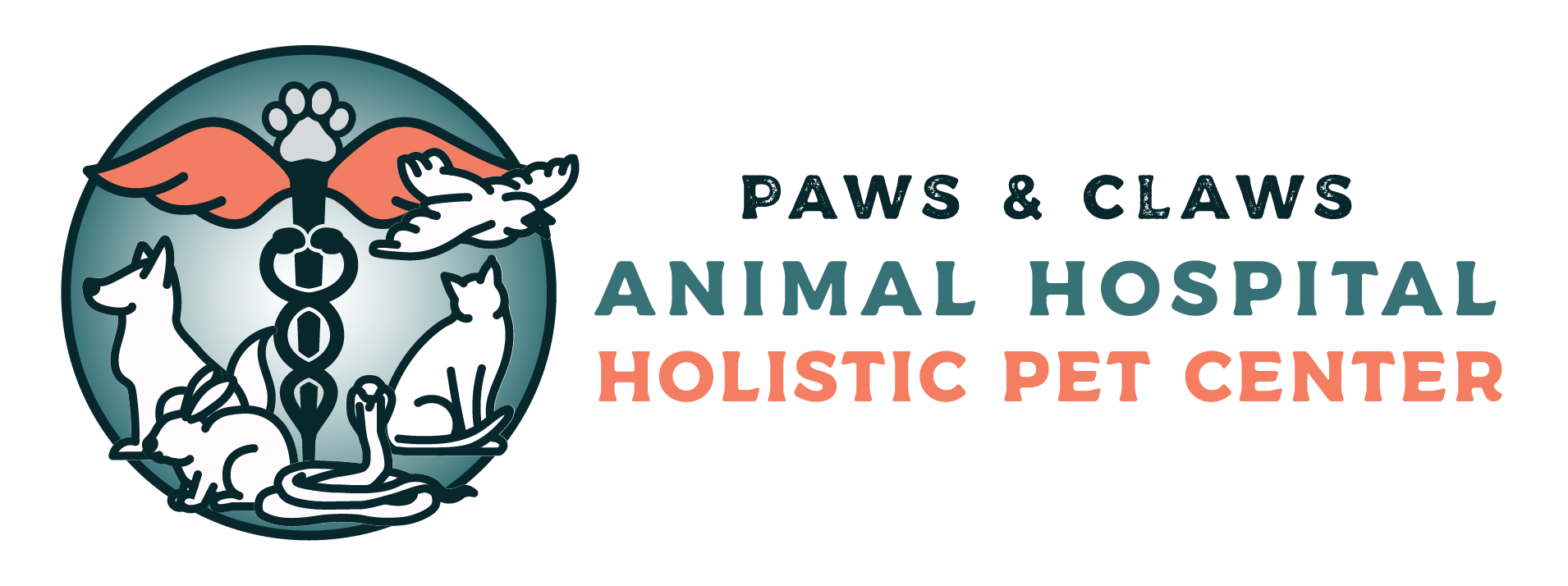Let’s debunk some common myths about alternative holistic pet care, and learn how to find a vet that won’t break the bank.
Interested in the benefits of natural medicine for your animal companion? Take a look at some common myths surrounding holistic pet care, and learn why they’re not based on fact.
Myth #1: Holistic Care Costs Too Much
Cost is like beauty: it’s in the eye of the beholder. While some people feel that spending over $100 on a single veterinary visit is too expensive, many will spend thousands on surgery if they expect it to add another six to 12 months to their animal’s life.
In general terms, looking at the long term healthcare cost of having an animal, holistic care is usually less expensive than a conventional approach. This is because holistic care focuses on preventing disease and relying on natural therapies rather than conventional medications
Preventing disease is always less expensive than treating a problem. When you consider that the average cost of eight hours’ care for a sick dog can easily run $500 or more, all of a sudden that $100 blood test done twice a year to help prevent the problem in the first place doesn’t look so expensive.
Some medications do cost less than supplements. For example, prednisone, a drug often used for allergic pets, is inexpensive. However, giving prednisone on a regular basis will add to the cost of care, since its long term use can predispose an animal to other problems such as diabetes or adrenal gland disease. Additionally, patients taking prednisone on a regular basis should have checkups and blood and urine testing every three to four months to allow early detection of these diseases. These repeated veterinary visits and costs would be unnecessary with a holistic approach. And since medications like prednisone may actually reduce your dog’s longevity, spending a little more on holistic therapy is worth the money if it gains him several more years of a happy and healthy life.
Myth #2: There’s No Proof Holistic Care Works
I love this myth! I just finished work on my latest two books. The first, Nutritional Supplements for the Veterinary Practice, is written for veterinarians. The other, Breast Choices for the Best Chances, is written for women who want to take a natural approach to preventing and treating breast cancer. In both cases, I did extensive research so I could provide my readers with the latest information.
If you know where to look, there are literally thousands of documents showing the effectiveness of holistic care. It is true that nutritional supplements are not subjected to the same standards of testing as conventional drugs, but that doesn’t mean there aren’t studies showing their effectiveness (or in some cases, lack of effectiveness). In fact, many studies have shown these therapies can be more beneficial than similar conventional medications. If someone thinks there is no proof holistic care works, either he hasn’t taken time to do the research or is simply discounting it.
Myth #3: Holistic Care is Wacky
It’s true that new things can sometimes appear “different” or “wacky”. But it’s also true that some of these therapies are now mainstream, such as nutritional supplementation, acupuncture, chiropractic, and herbal therapy. Other therapies such as homeopathy might appear “wacky” when first studied, but it’s only because this discipline looks at health and disease from a totally different perspective. The same is true when studying an Eastern or Chinese approach to health and disease. However, careful study and questioning of different holistic disciplines can usually allow you to determine which therapies seem logical and which ones seem “far out”.
In general, if a certain therapy promises a complete cure or touts itself as the “only” therapy needed for good health, I would be very suspicious and likely avoid it. No particular discipline, whether holistic or conventional, can make such promises or guarantee specific results. Any practitioner who does so is likely a quack, guilty of malpractice, or just interested in taking your money. Once you carefully examine mainstream holistic therapies, I think you’ll agree they make sense and add to our perspective of how health and disease affect the body.
Myth #4: Holistic Care Requires Too Much Effort
Yes, holistic care often involves more work than simply popping one or two conventional medicines. For example, for patients with skin disease, I prescribe frequent bathing and three to five supplements given one to two times daily. For dogs with cancer, dietary therapy, mind-body medicine techniques, and ten or more supplements a day is standard holistic care.
If you are not able to spend this extra time and effort, or if your animal resists your good intentions, it may be that a conventional approach is best for you. However, I’ve found that most people can easily transition to holistic disease prevention or treatment approach and that most animals respond well to these therapies.
Myth #5: I Can’t Find a Holistic Vet
There are certainly fewer veterinarians offering holistic care over those who offer a conventional approach. Over time, however, I have seen the number of holistic and integrative vets slowly increase. While many areas do not have holistic veterinarians available to see patients on a face-to-face basis, many doctors, are able to help people via phone appointments. These are very easy and reduce the stress of bringing your animal to the clinic. This way, you’re still able to work with your local conventional doctor and take advantage of the care he or she might offer, while the holistic veterinarian is able to prescribe natural therapies to further encourage your animal’s healing.
If you don’t have a local holistic veterinarian, set up a phone appointment with a holistic doctor who can give you a second opinion and offer additional therapies you may not find locally.
